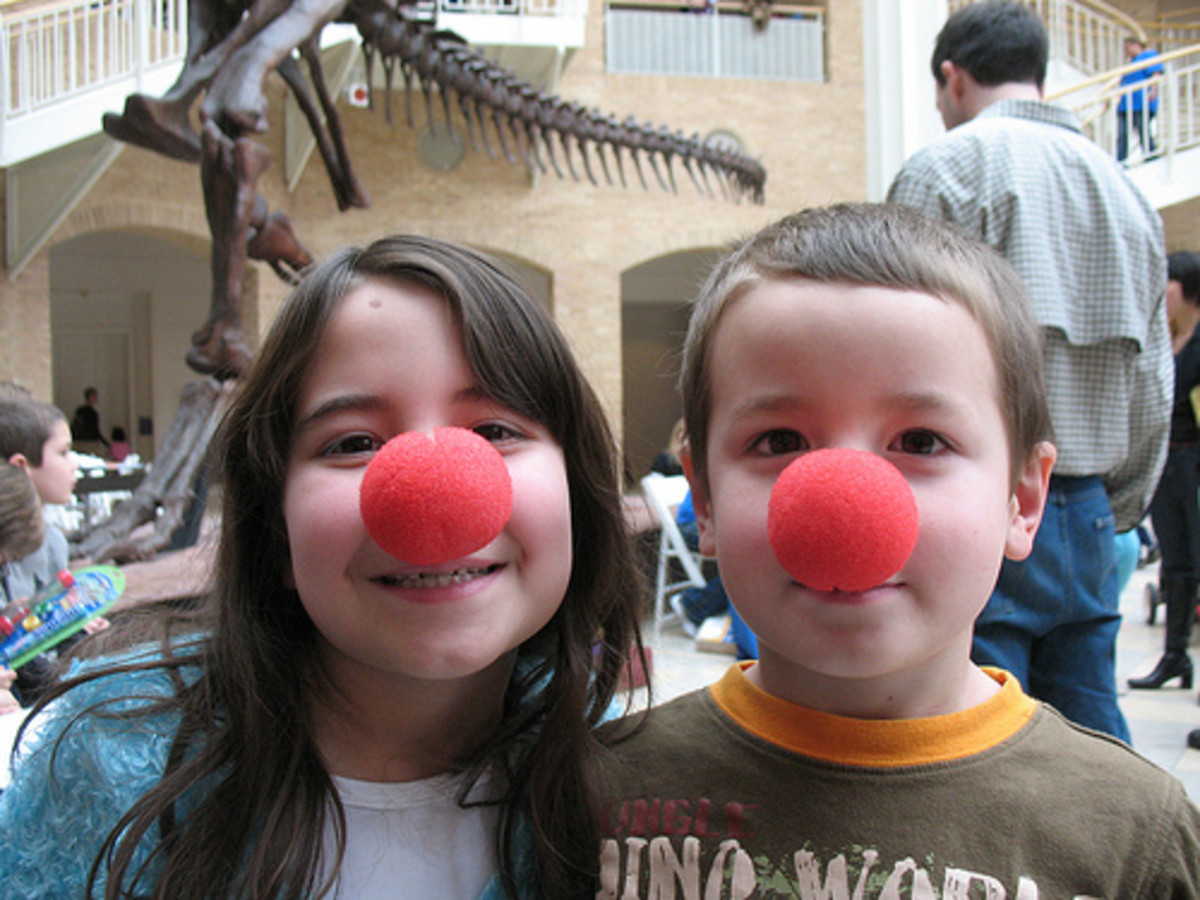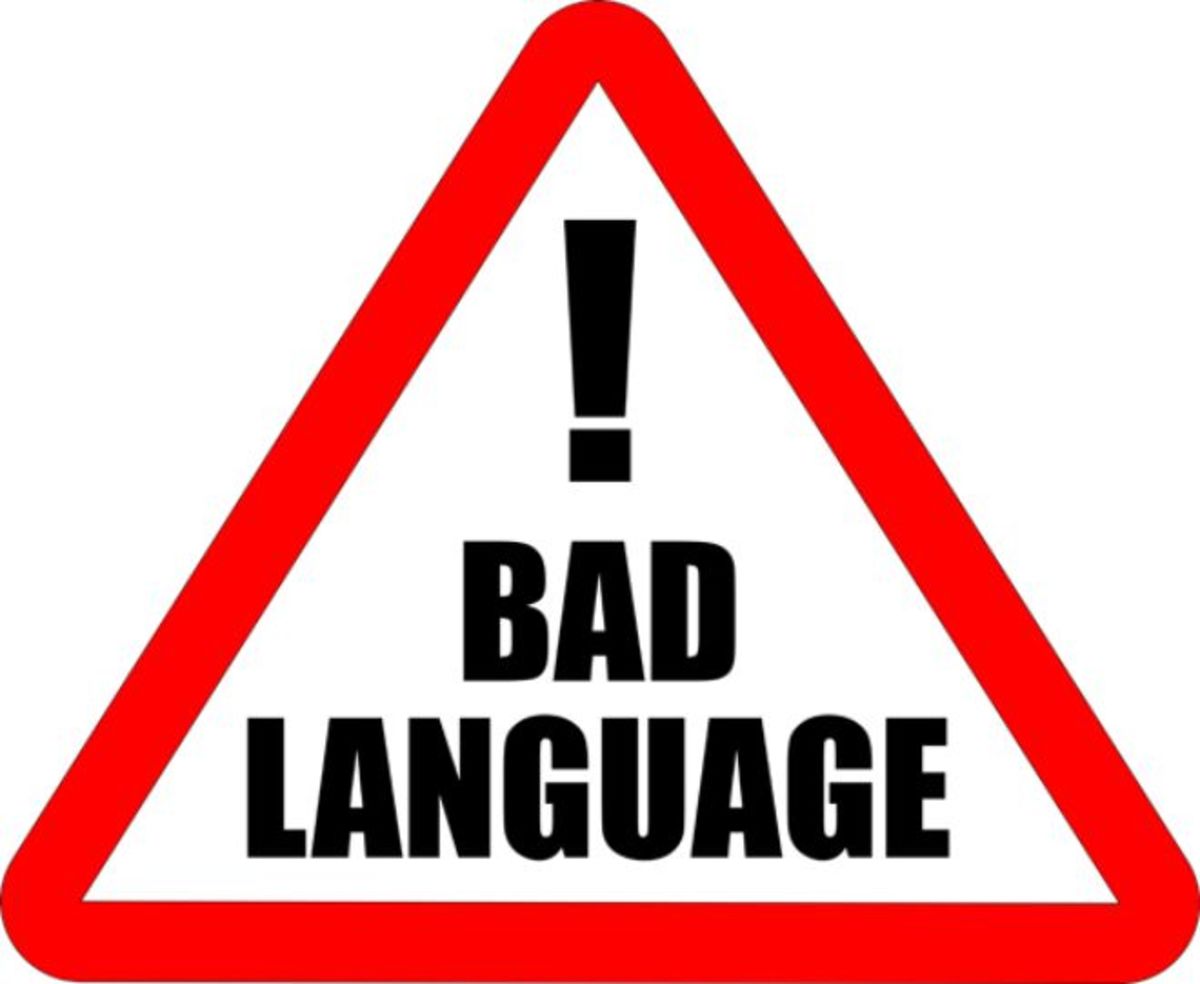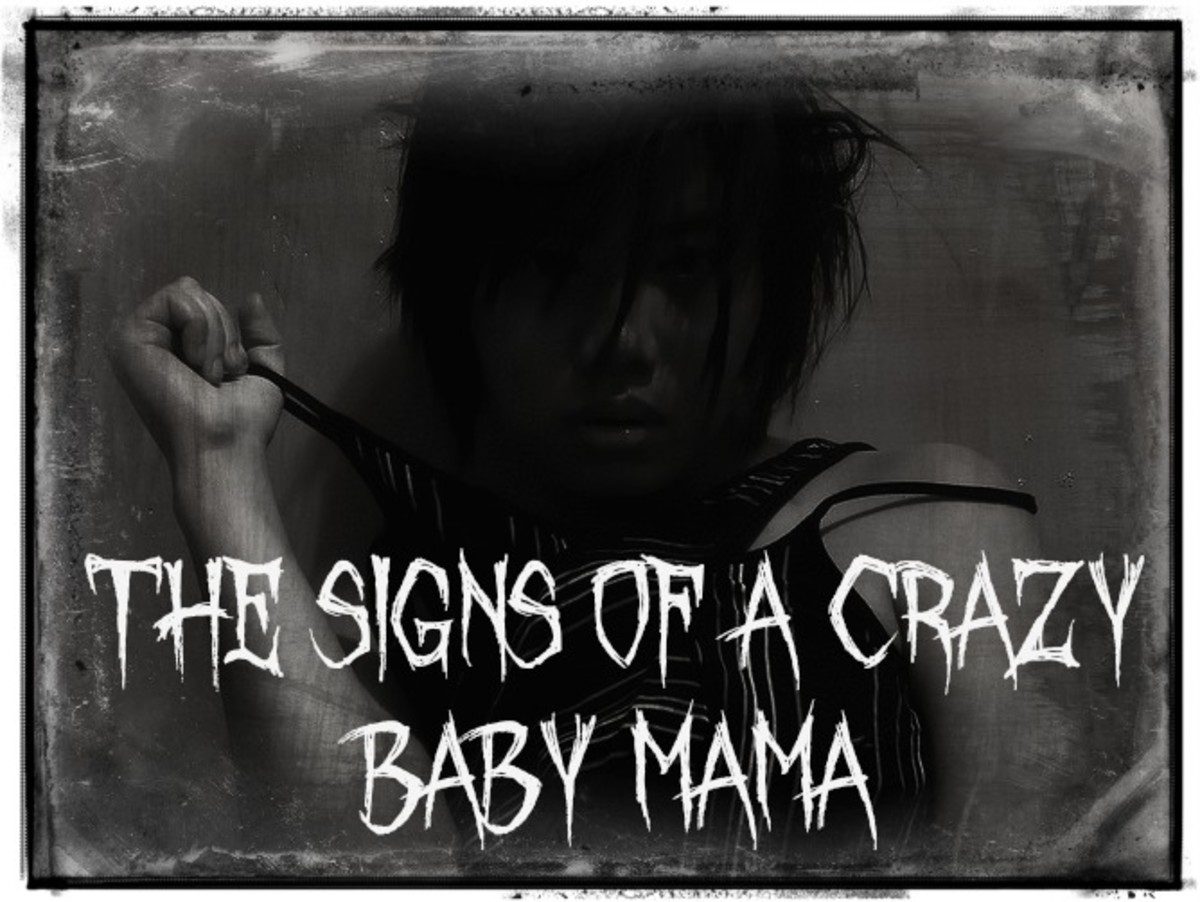Enjoying Your Child's Sense of Humor

Laughter is Medicine
Humor is defined as: funny quality: the quality or content of something such as a story, performance, or joke that elicits amusement and laughter. (source: bing dictionary).
Studies have been made on how laughter benefits the immune system and stress. Here are some of the results and observations (source: holisticonline: humor therapy):
- An increase in the number and activity level of natural killer cells that attack viral infected cells and some types of cancer and tumor cells..
- An increase in activated T cells. Thee are T cells that await activation Laughter appears to tell the immune system to "turn it up a notch."
- Results also supported research indicating a general decrease in stress hormones that constrict blood vessels and suppress immune activity.
- Belly laugh results in muscle relaxation, both during and after laughing
- Humor allows a person to "forget" about pains
This is a good reason to encourage a sense of humor in your child, wouldn't you say?
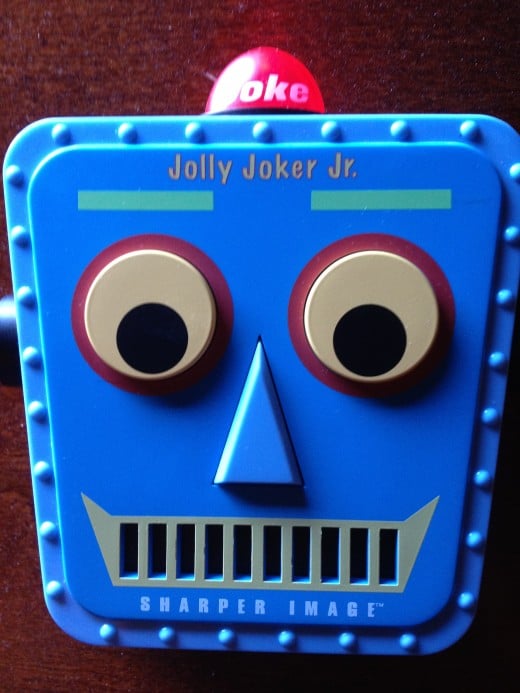

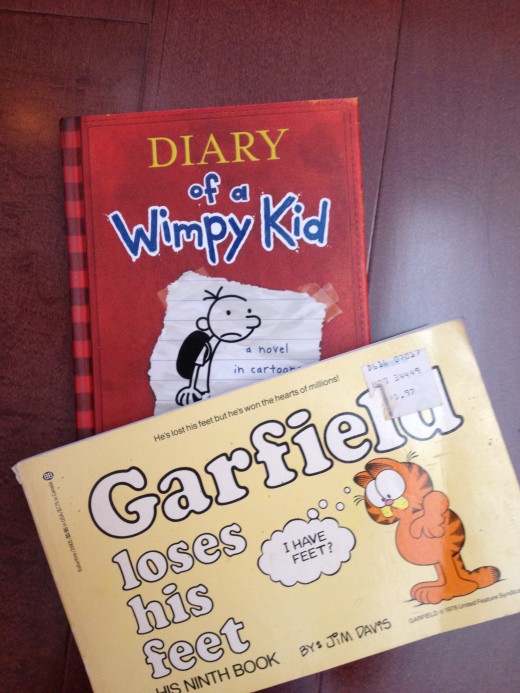
What Makes A Child Laugh?
Looking back, can you define exactly when you discovered humor in your life? Can you remember your first joke? It may seem that laughter has always been a part of your life, almost an automatic response to life's humorous events. However, humor is considered an intellectual achievement that begins during infancy, changing with each developmental stage of life.
I remember playing peek-a-boo with my child, probably around eight months of age, and how my disappearance and reappearance from behind a scarf would make him laugh. The reason a child will laugh at such antics is that it is out of the norm for a parent's behavior. The child will react to this with laughter because he is observing your smiling facial expressions and this creates a sense of humor.
Toddlers and Twos will begin to engage in pretend play that leads to forming basic attempts at humor. They may put the sand bucket over their head and peek out from beneath with a mischievous smile in attempts to make you laugh. Or, they may try something incongruous such as throwing a shoe at you, thinking it to be funny.
Preschool children love to play on words in sentences and will mislabel items in order to make a simple joke, "Can I have more moo juice? It's so amoooozing!" Rhyming is also enjoyable to them as the they learn to combine words in silly sing-song fashion. Children this age enjoy simple rhyming books with humor, such as Dr. Seuss, that allow them to "hear" the humor in words and sounds.
Primary school aged children (5-7) listen to other kids and adults tell jokes, and they begin to pick up on verbal humor. They watch the reaction of those who hear the jokes and this triggers their interest in making people laugh. At this stage they are great imitators and will tell jokes over and over to the chagrin of parents! Remember those knock-knock jokes? Here's one of our grandchildren's favorite jokes that they love to tell over the phone for special effects (Yes, we spend minutes saying, Who? Who? and still no answer!):
- Child: Knock-knock
- Adult: Who's there?
- Child: Nobody
- Adult: Nobody who?
- Child: ........ (silence!)
The best part about the joke telling at this age is that they will laugh wholeheartedly at their own joke, even if you don't get it. In their attempt to make people laugh, they will often make up jokes with absolutely no meaning to them or little humor. However, as parents we will genuinely laugh because we enjoy the effort and their attempt at humor. Here is one of my granddaughter's made-up jokes (keep in mind this is a seven year old who fits the description above):
- What has eyes but can't see, ears but can't hear, feet but can't walk and wings but can't fly?
- I give up. What is it?
- A dead bird! (Followed by hilarious laughter from all children. Adults are left baffled!)
I have included a chart below (source: Journal of Child and Youth Care, Vol. 12, No. 3, pp 45-53) that gives the developmental stages of humor in children. Humor is an important part of your child's development. It enables her to build vocabulary, creative thinking, positive social interaction skills and self esteem. Humor helps children cope with stressful situations in life.
Developmental Stages of Humor in Children
Age
| Humor Response
| Developmental Issue
| Intervention
|
|---|---|---|---|
0-4 month
| Smiling
| Responds to sights, sounds, movement, feedings
| Provide Enrichment
|
4-8 month
| Laughter at physical level with active stimulation
| Discovers body movement, recognizes human face and voice
| I'm gonna get you..engage in physical contact
|
8 -12 month
| Laughs in contact with toys
| Distinguishes between self and non-self
| Peek-a-boo, contact play with toys
|
1-2 year
| Expectancy Violations
| Developing organized schemas of the world
| Mislabeling, playing with toys in different way
|
2-4 year
| Fantasy, make-believe, slapstick, silly words, songs, bodily noises, direct participation important
| Mastery of motor skills, symbol development of world, create novel stimulus
| Play house, active play, Dr. Seuss, simple songs
|
5-10 years
| Riddles, first simple word incongruencies
| Concrete operational thinking, can detet transitions and relationships
| Joke books, cartoons, will repeat over & over
|
10 & Over
| Sophisticated jokes, wit, satire
| Peer relationships, individual personality and experiences
| Movies, Friendly wit and sarcasm
|
Humor Should be Positive
Remember humor is wonderful but most be appropriate. Keep in mind that children need guidelines as to when something is funny. Here are some settings where it would be inappropriate:
- When a child is sad or has experienced a painful event (i,e., loss of loved one or a pet)
- It makes them feel "picked on", lowering self esteem or demeaned in some fashion
- it is not a form of humor they are familiar with and do not know how to react to in front of other children.
Also, a warning to parents, clowns at parties or large, moving, cartoon characters are not always viewed as funny. In fact they are sometimes scary and throw children into a fearful state of mind, especially children under three years of age. Everyone loves a clown, but be careful as to when and how you introduce your child to this type of entertainment.
In conclusion, as a parent you can help your child benefit from building good humor. It is a healthy coping skill that costs absolutely nothing, and has great side effects!
If you have something of interest to add to this topic, please list it below in the comment section. Your input is valued and appreciated.
Kid's One-line Jokes and Baby Laugh Track
Hubs Others Are Enjoying
- How Patterns Help Children Learn About Life
Patterns are all around us and they help children to understand the natural order of every day life. Patterns build math vocabulary and concepts. - What Makes A Child Special?
Every child has unique character traits that make him or her a special person. Parents can work with children to help them establish a good sense of themselves through every day circumstances. - Empathy: Raising A Caring Child
The lack of empathy in children leads to poor social experiences at school, home and play. Having compassion for others helps your child to understand feelings and react in positive ways. - Building A Child's Self-Worth With Constructive Prai...
By using constructive praise, parents and teachers can build a child's self worth. Encouragement in this fashion helps a child focus on his/her accomplishments, which leads to a stronger self esteem.


